Russian Moscow
A riddle wrapped in a mystery inside an enigma
Interesting Fact #1
The Russian language is renowned for its richness and complexity, largely due to its use of cases and inflections. These features grant flexibility in sentence construction, allowing speakers to emphasize various parts of their message. This adaptability enables nuanced communication and the crafting of dynamic literature and poetry. Thus, Russian offers a broad spectrum of stylistic and expressive options, ideal for detailed storytelling and conveying emotions.
Interesting Fact #2
The Russian language uniquely describes blue, with more terms for its shades than most languages. It uses specific words like “голубой” (goluboy) for light blue and “синий” (siniy) for dark blue, enabling precise and nuanced descriptions. This reflects the cultural significance of color in Russia, allowing for detailed expression in mood, tone, and imagery. Poets and artists particularly benefit from this, using these terms to vividly evoke different scenes or emotions, thereby enriching Russian communication, art, and literature.
Interesting Fact #3
Russian plays a crucial role in the field of space exploration. Aspiring astronauts are often required to learn Russian due to its significance in international space missions. For instance, the International Space Station (ISS) operations heavily rely on Russian, as Russia’s Soyuz spacecraft is a primary means of transportation to the ISS. Moreover, many space-related technical manuals and communications are in Russian, making it an essential skill for astronauts collaborating in global space endeavors.
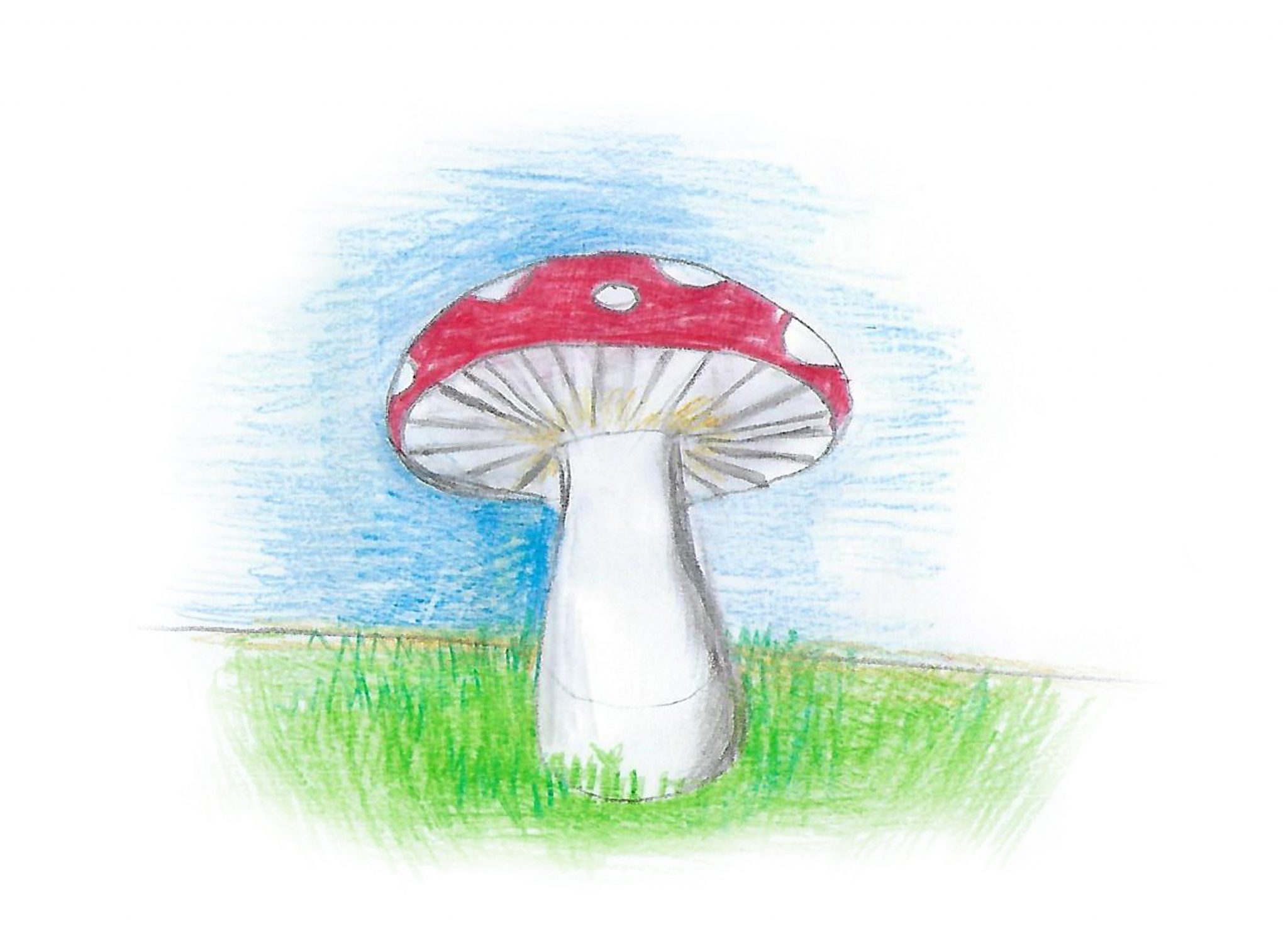

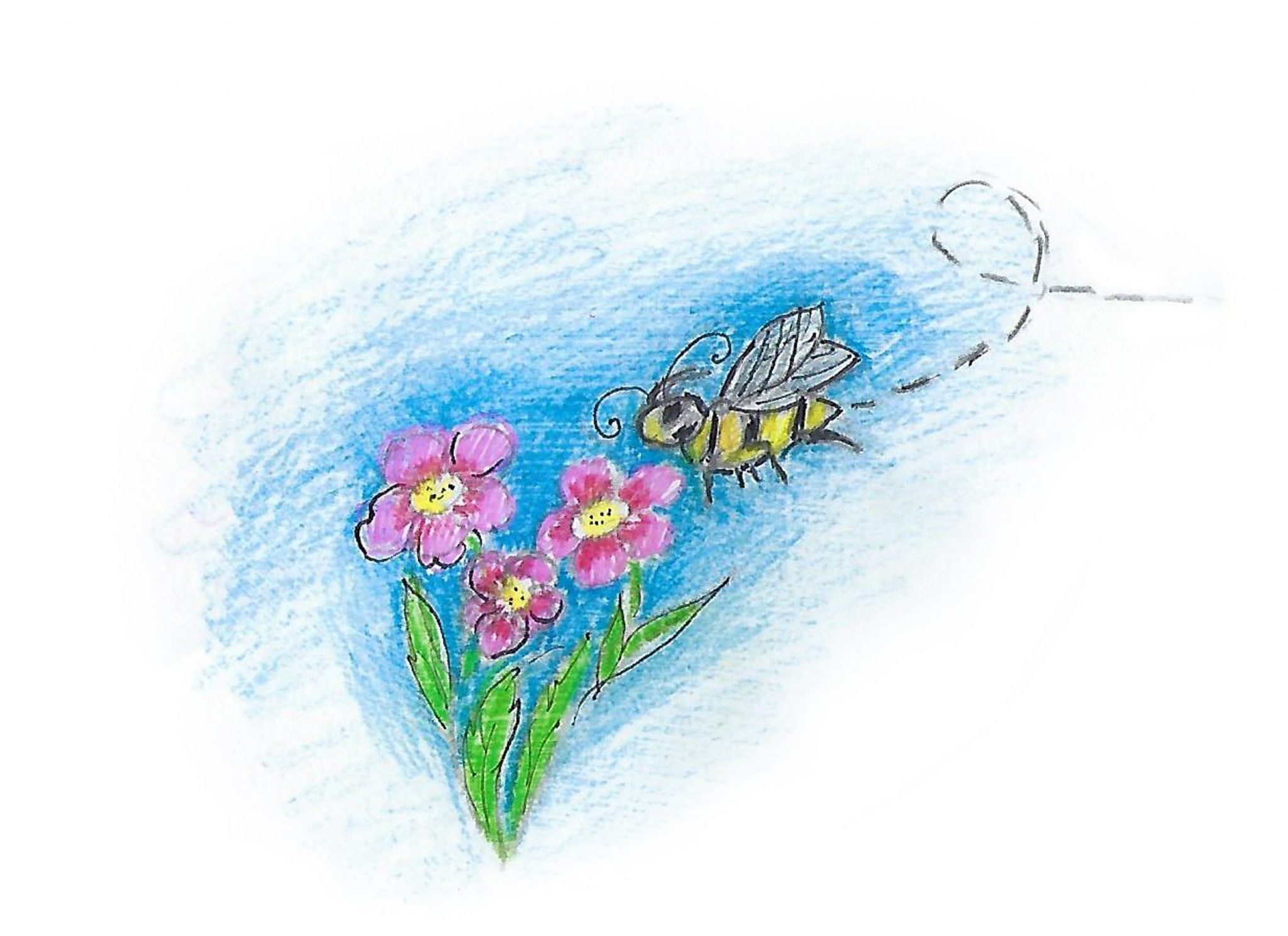
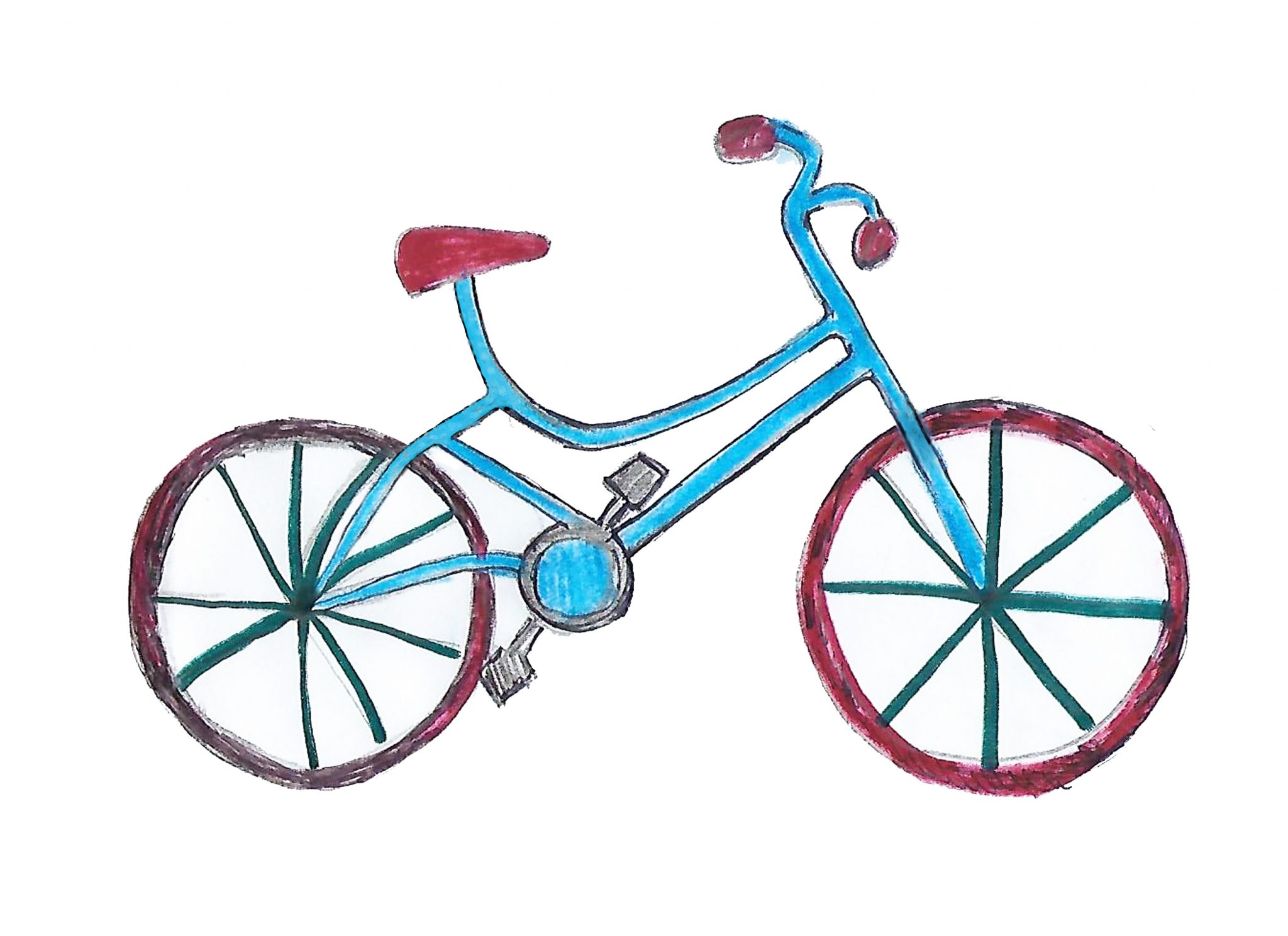
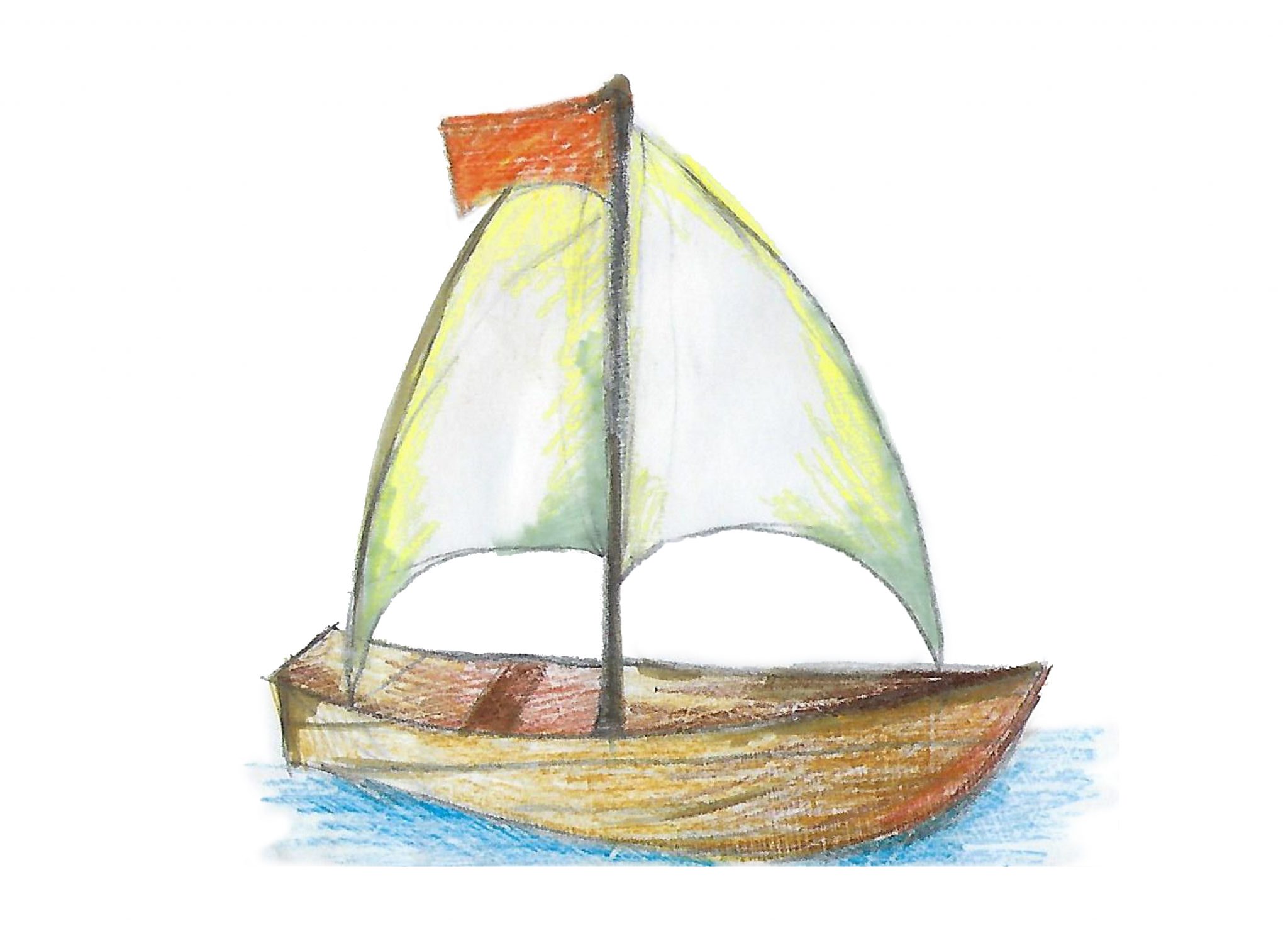
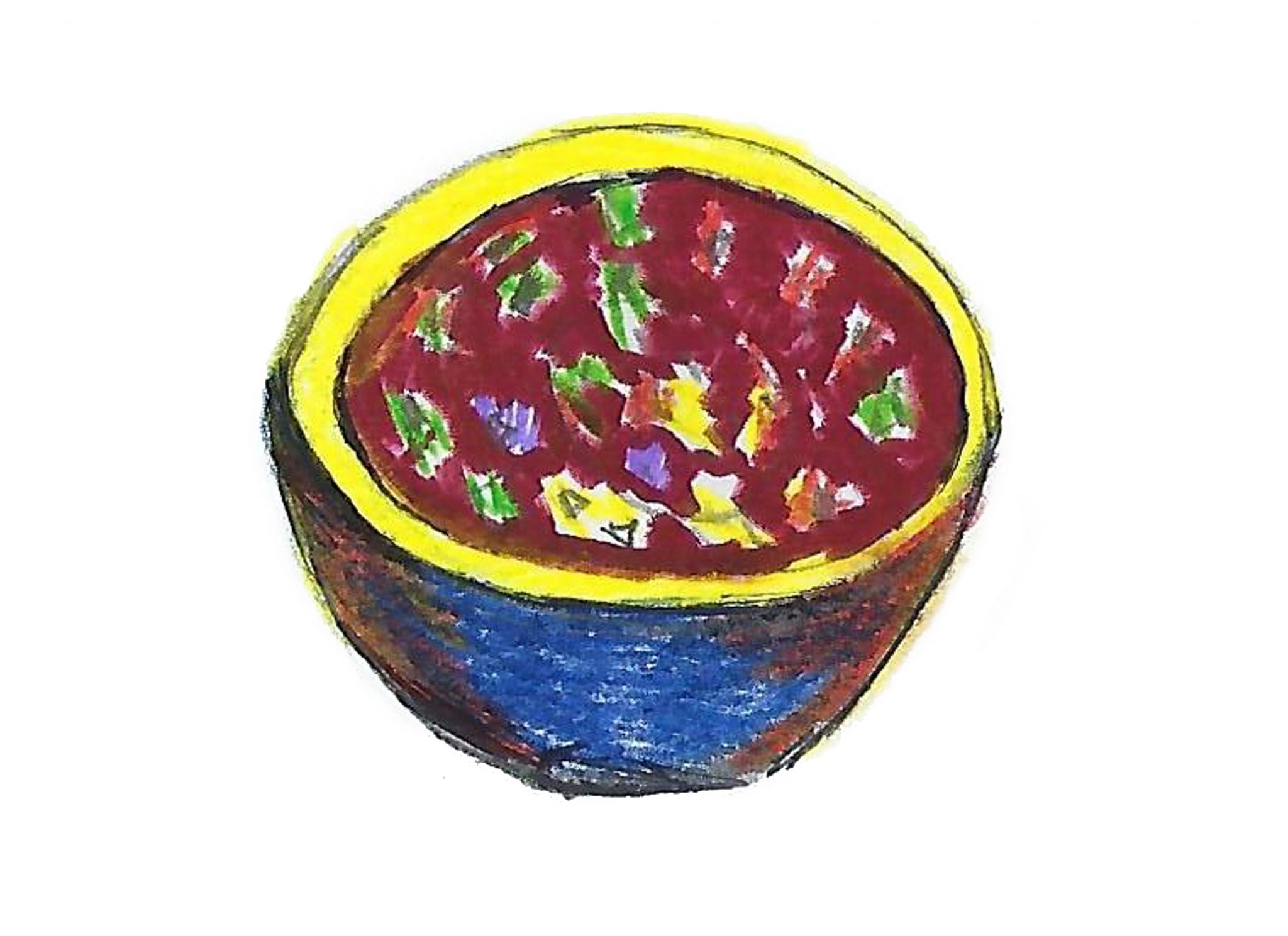

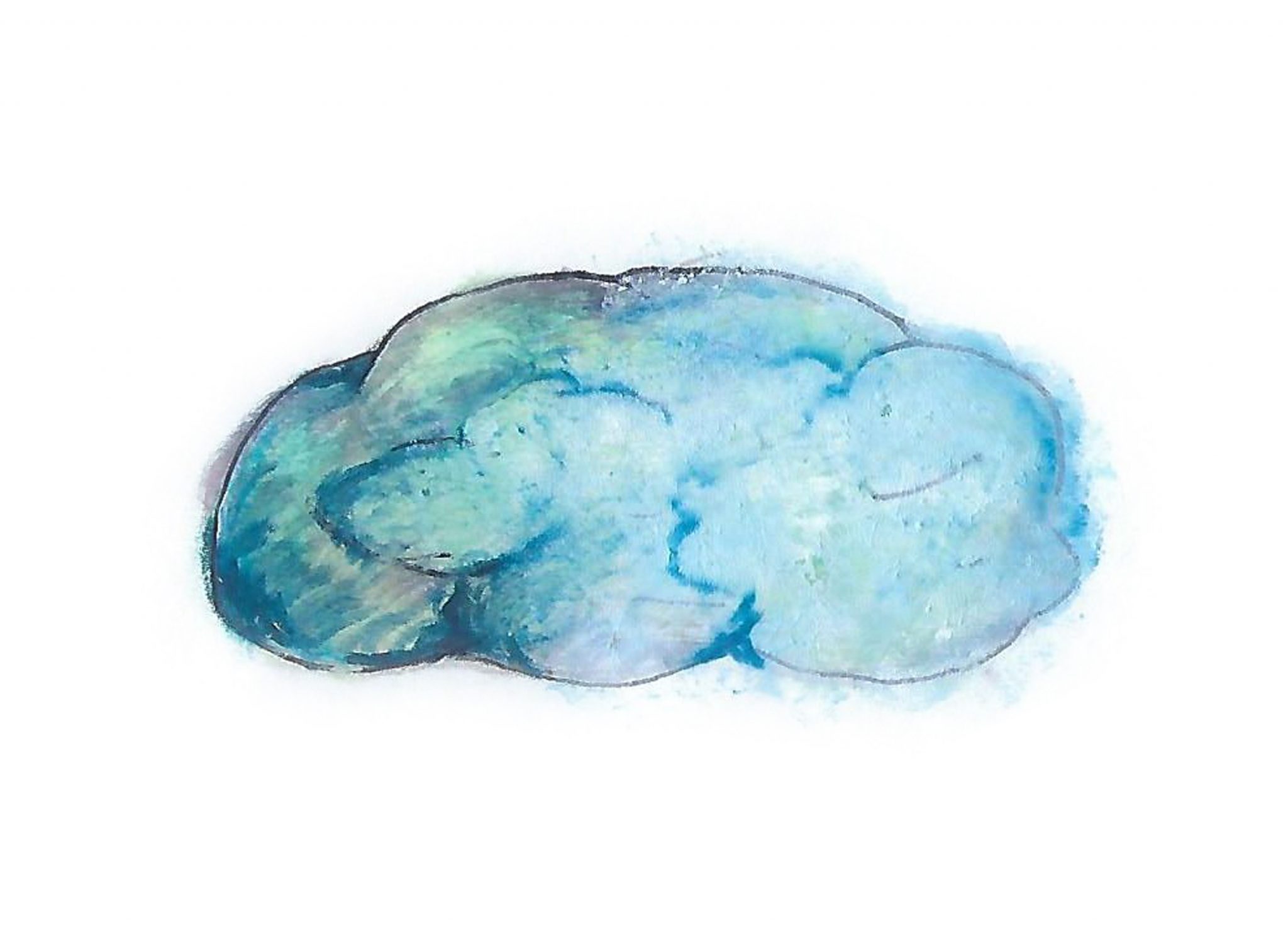

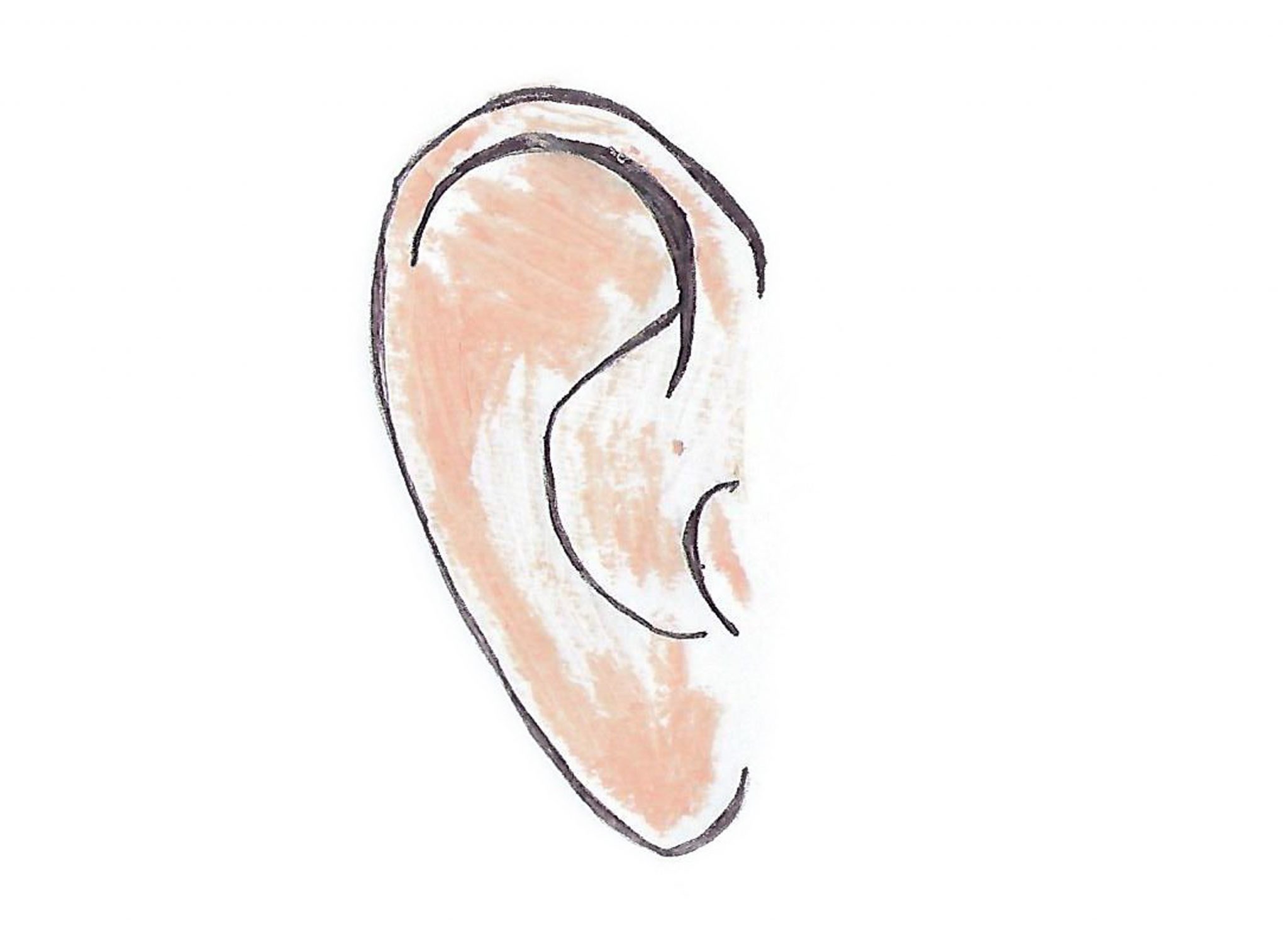
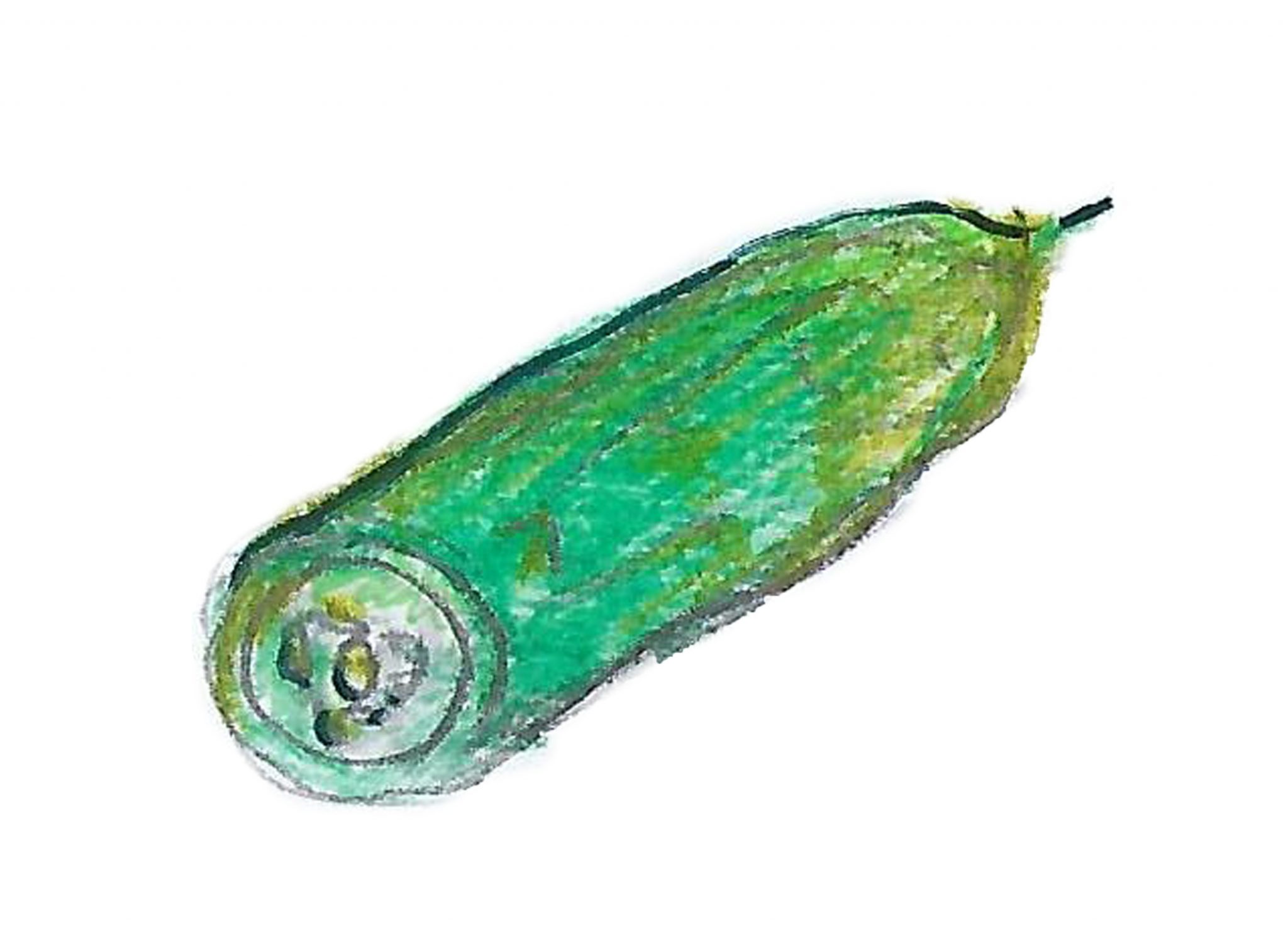
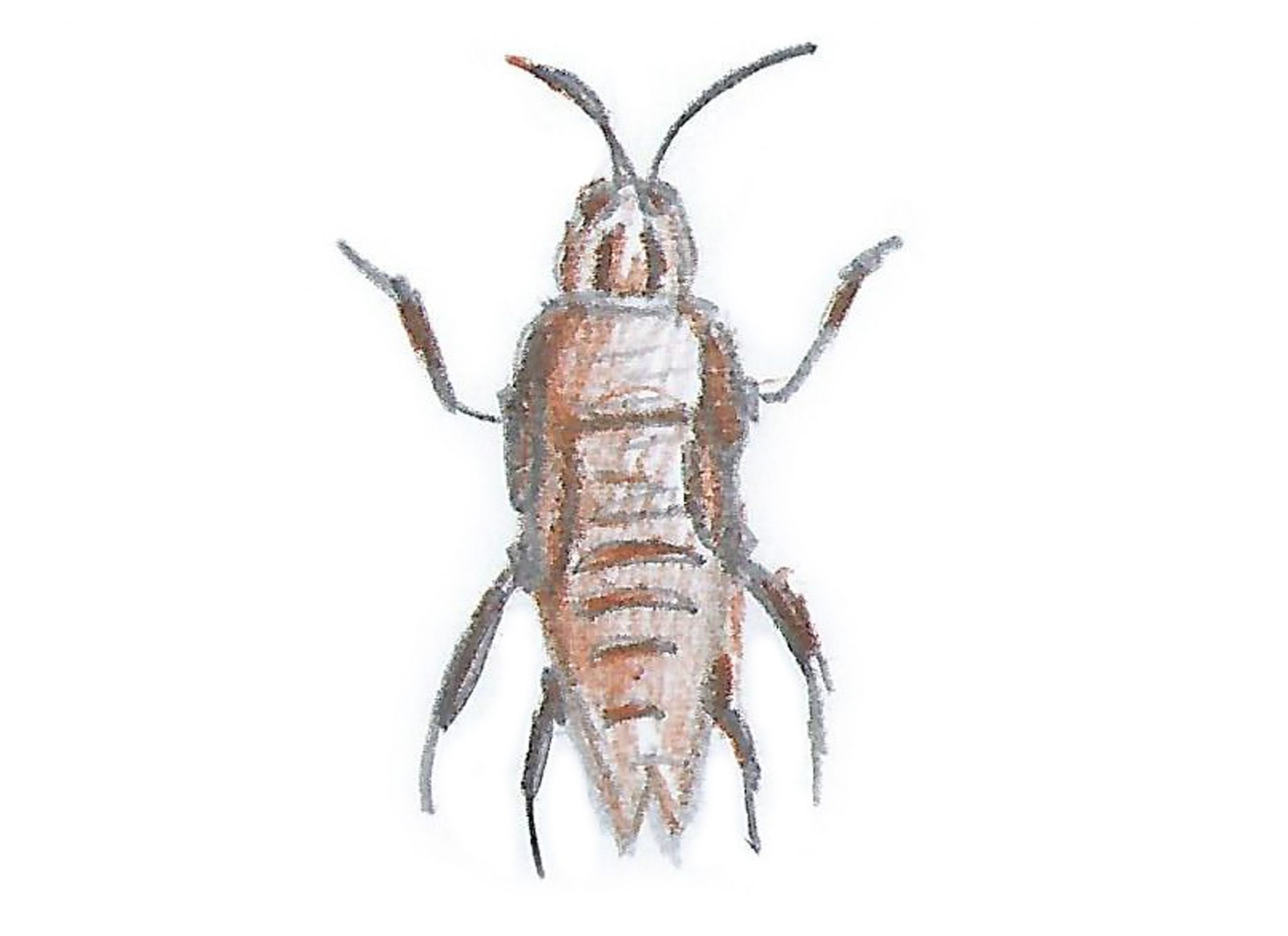
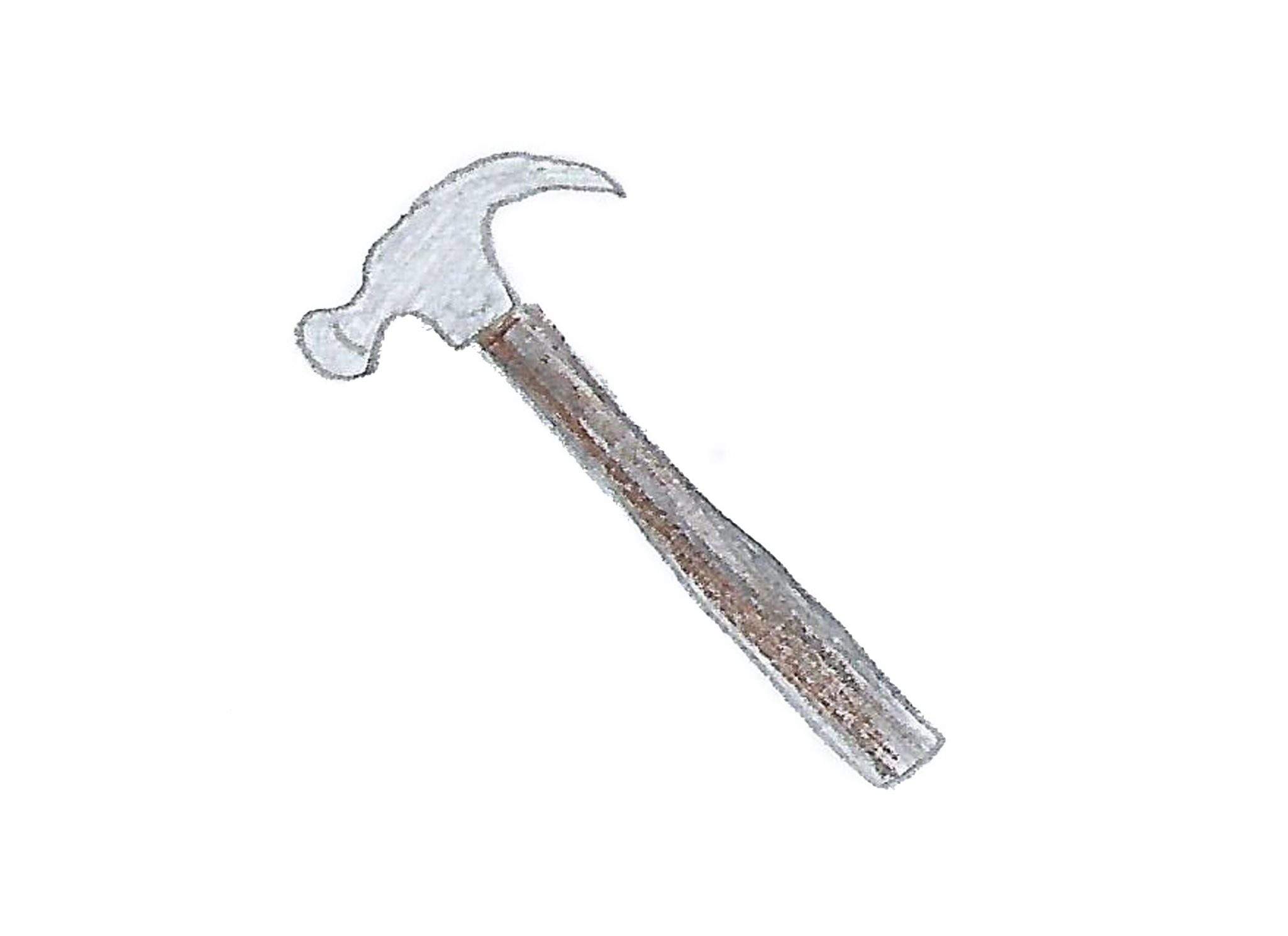
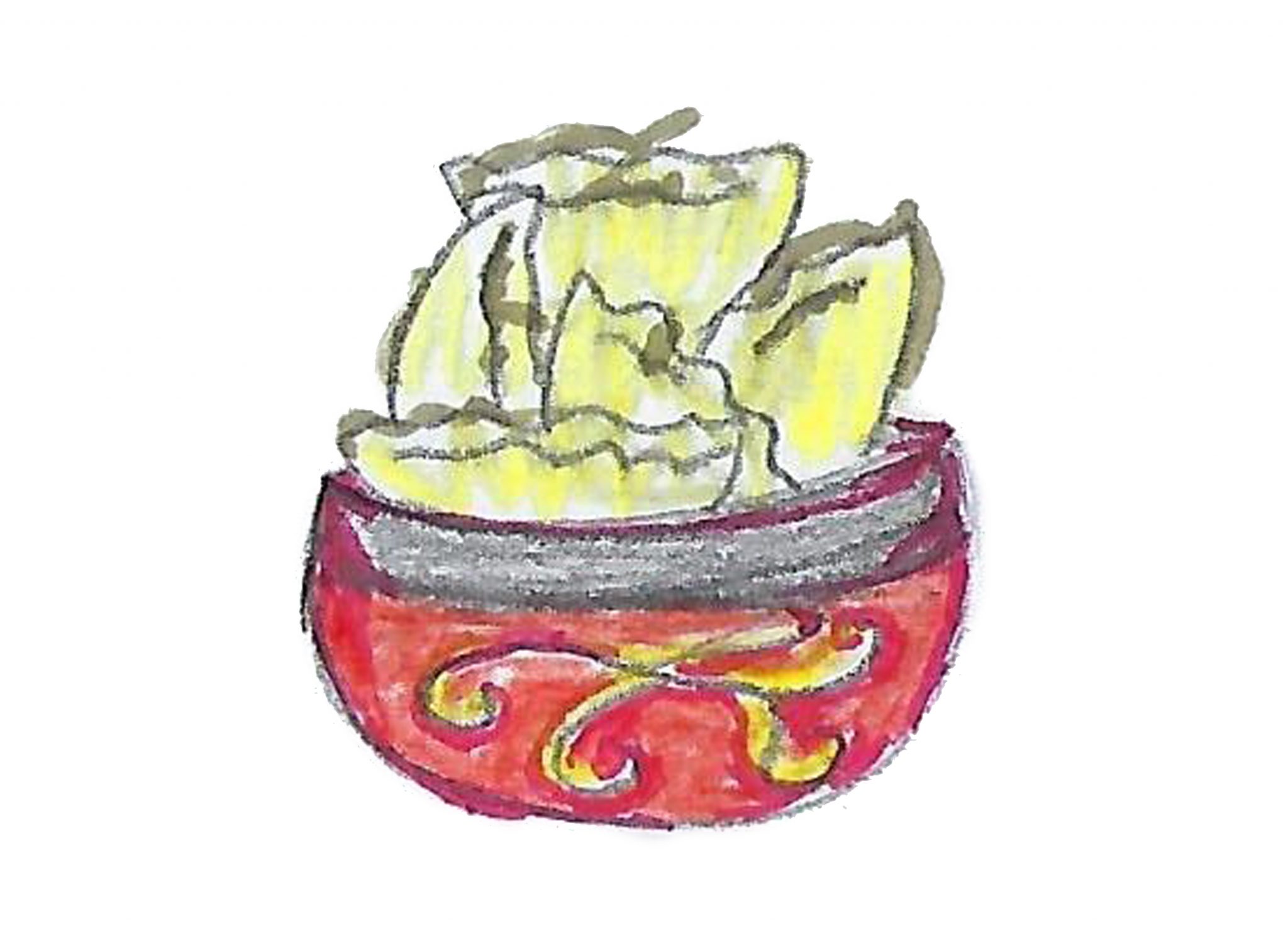

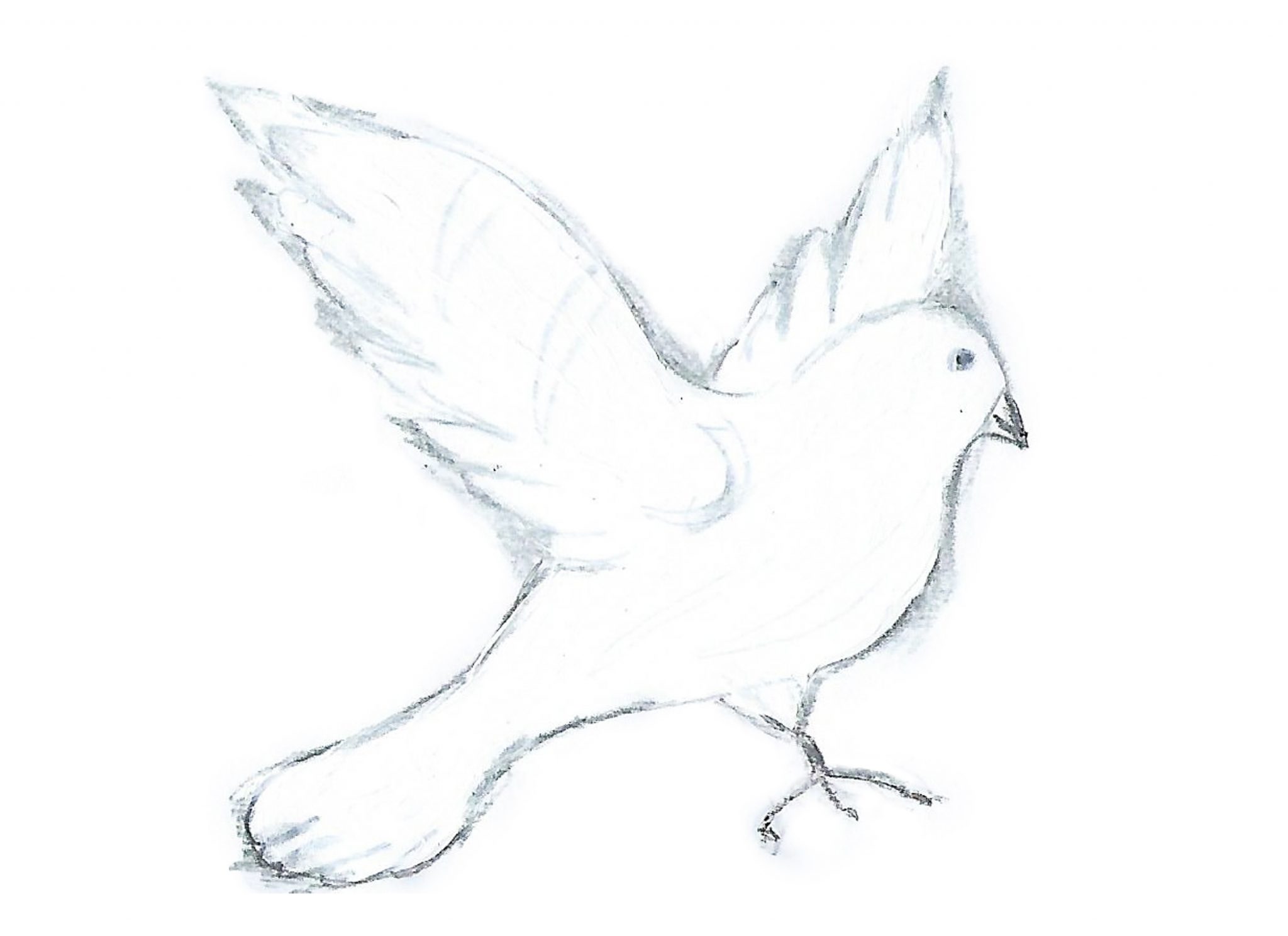

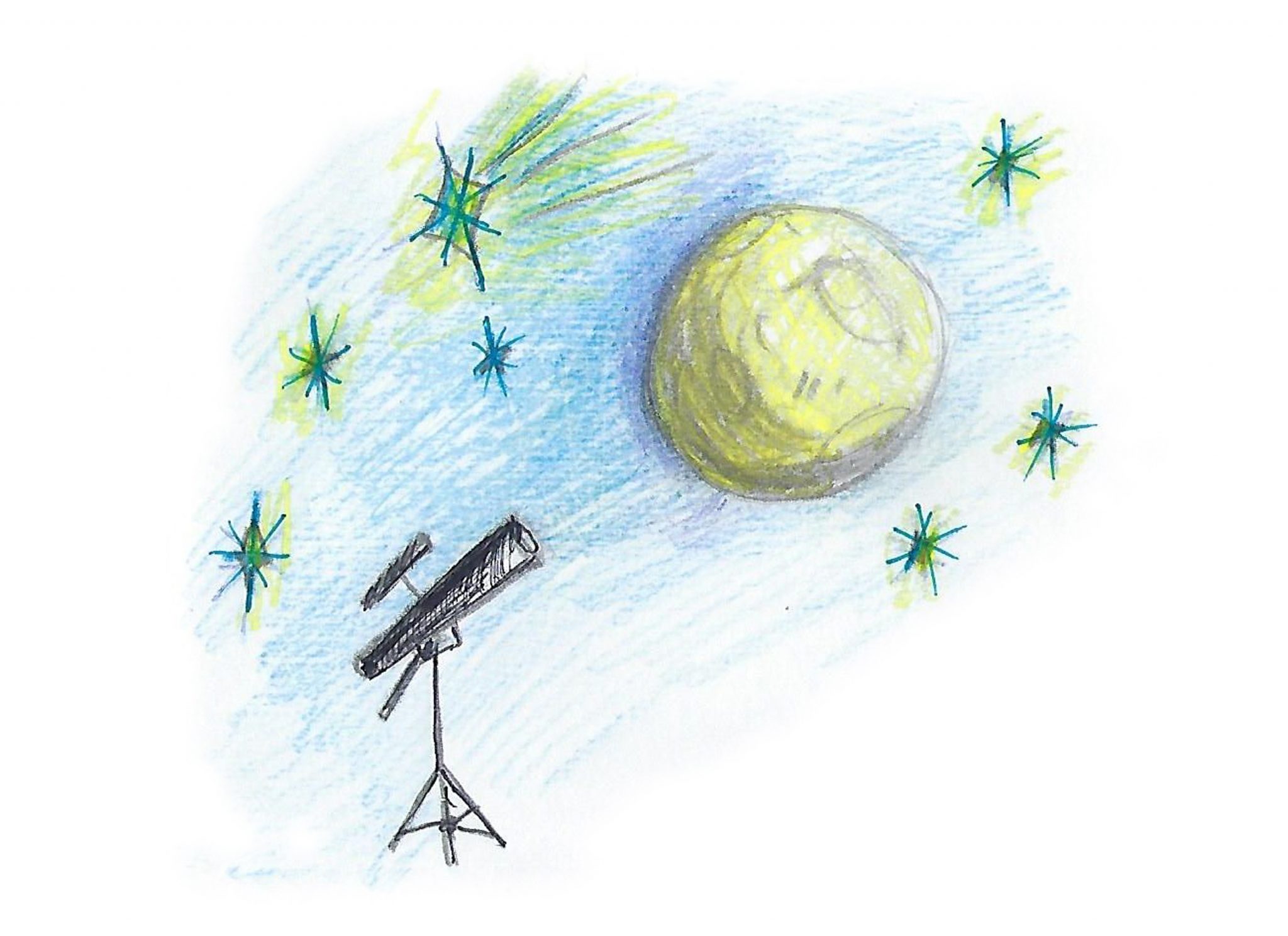

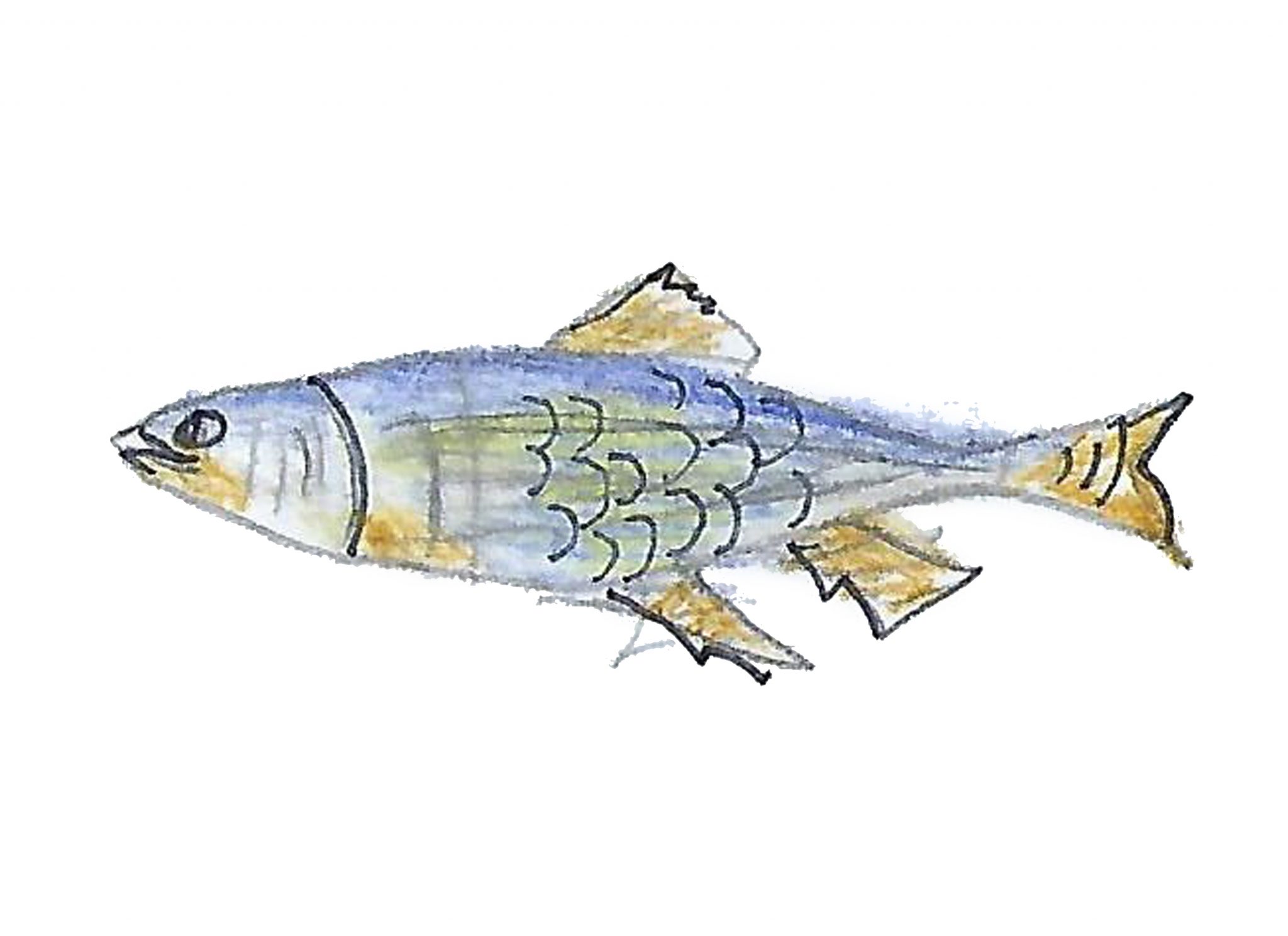
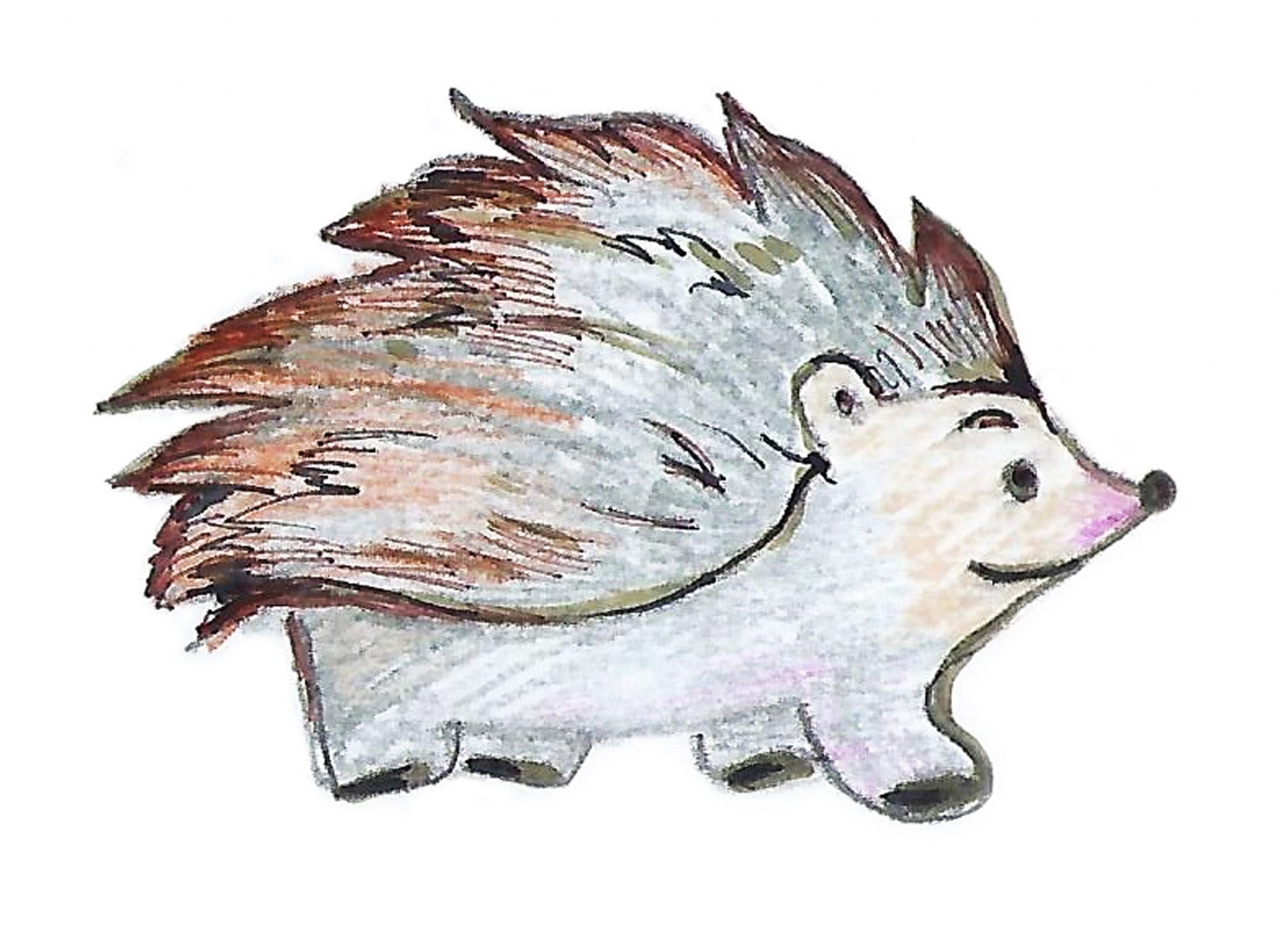
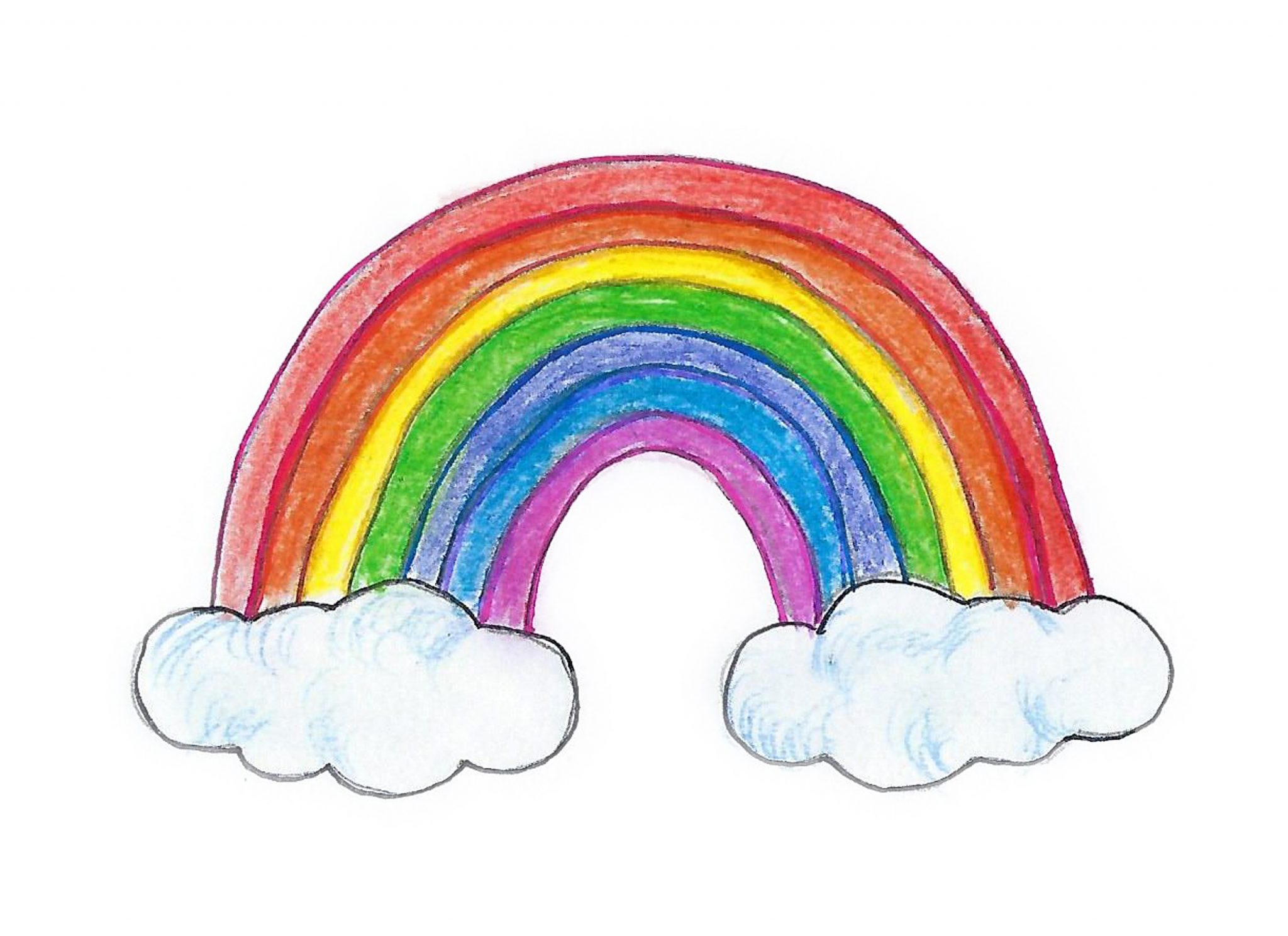

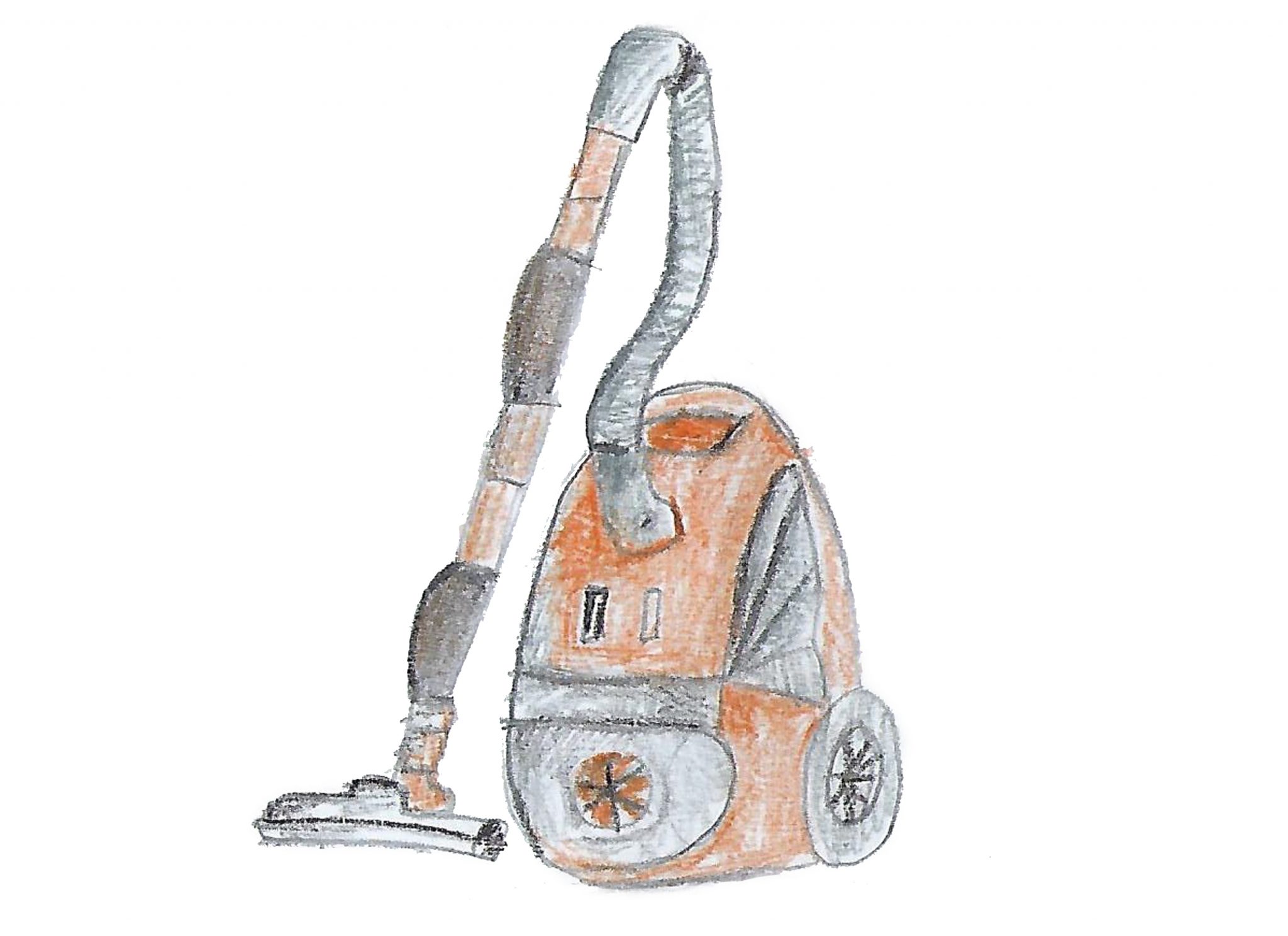
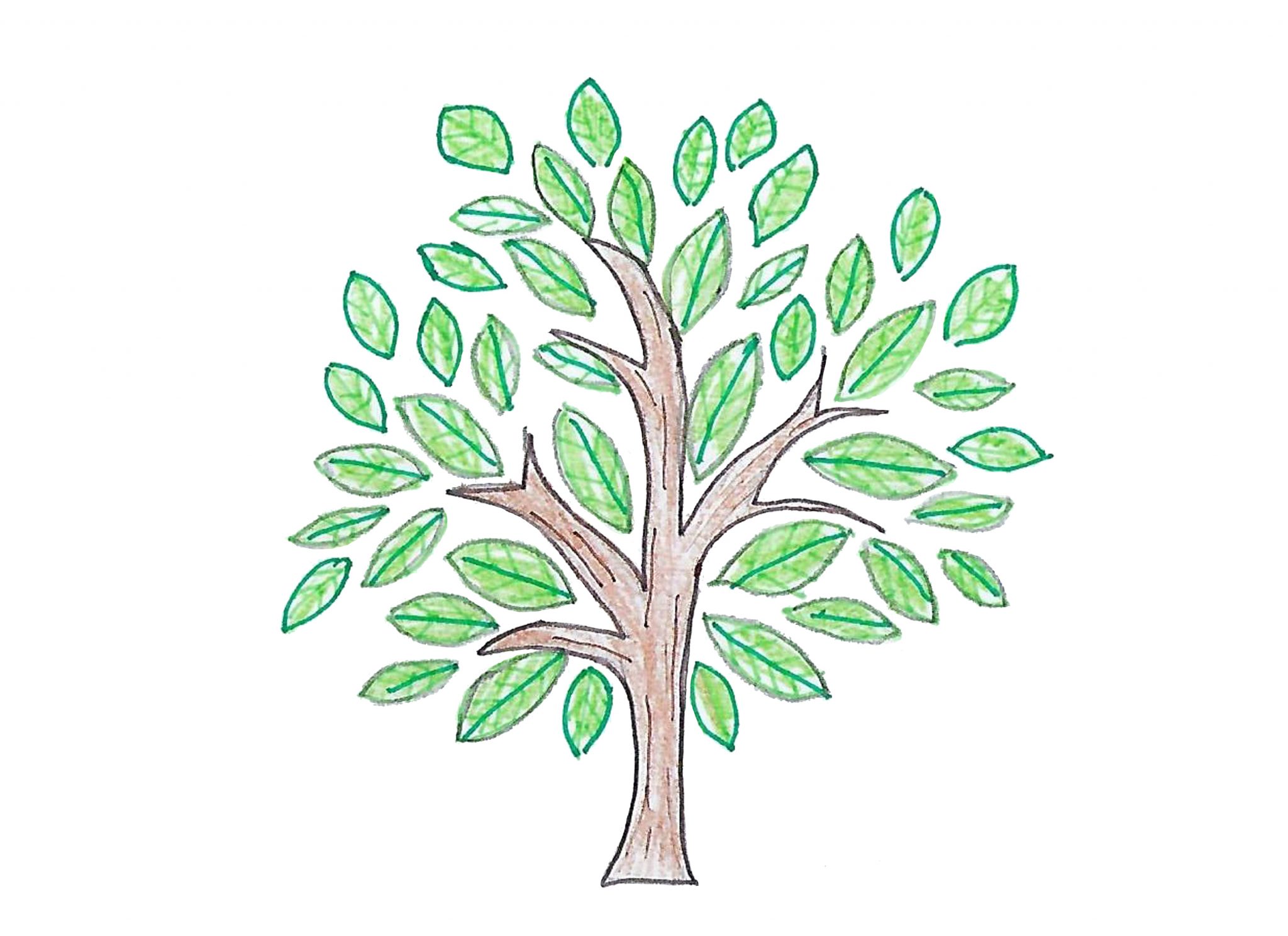
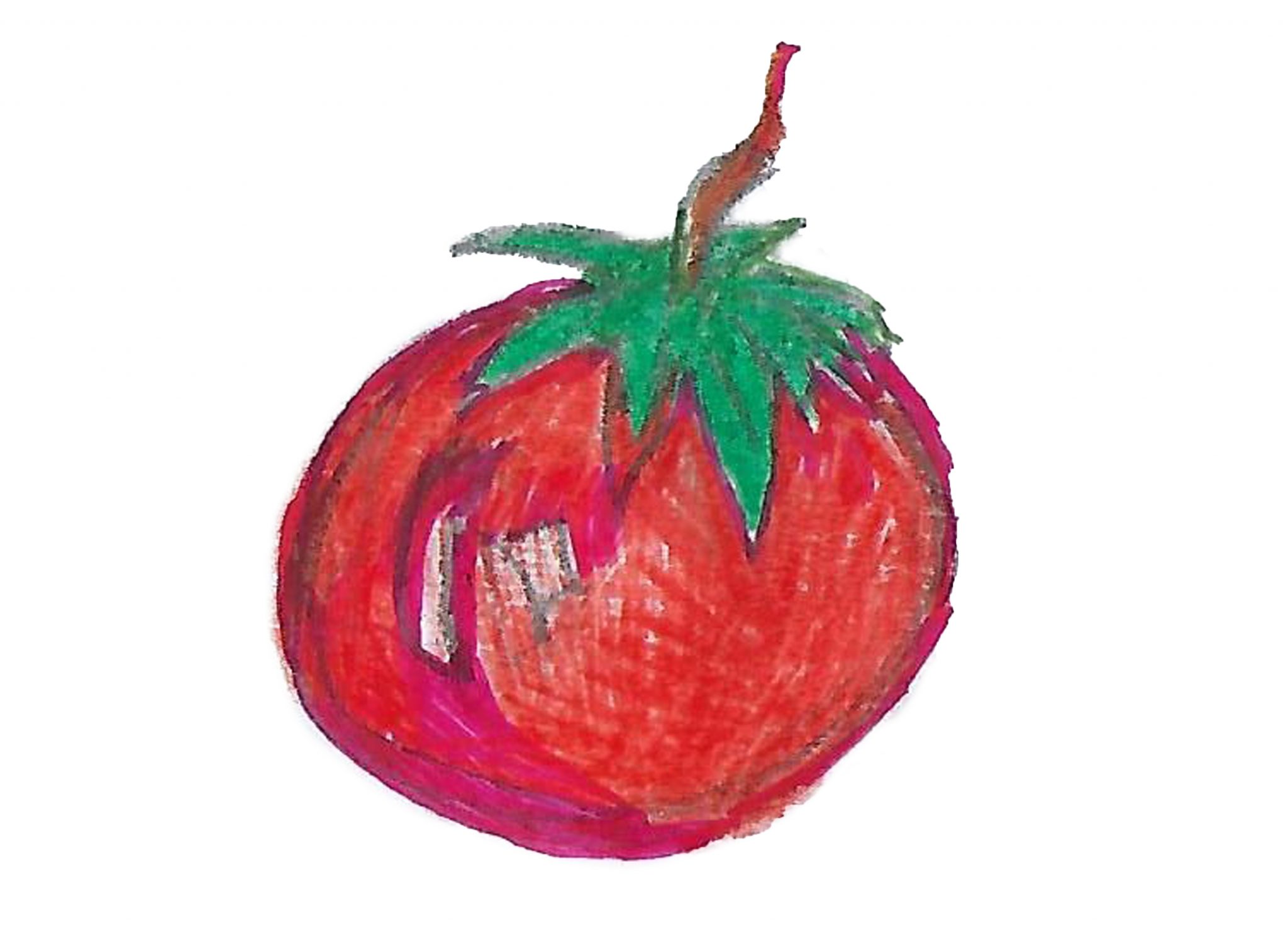
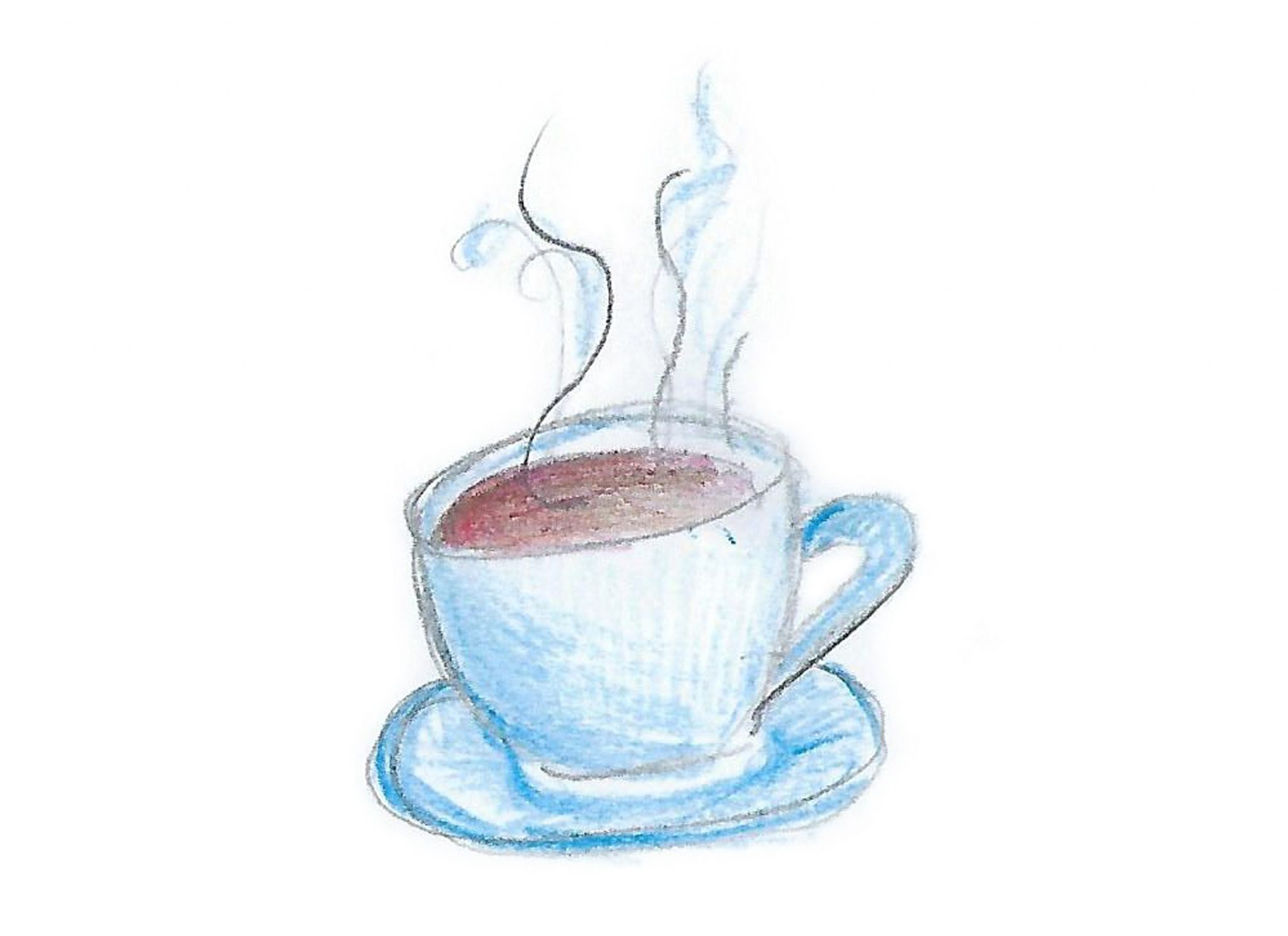
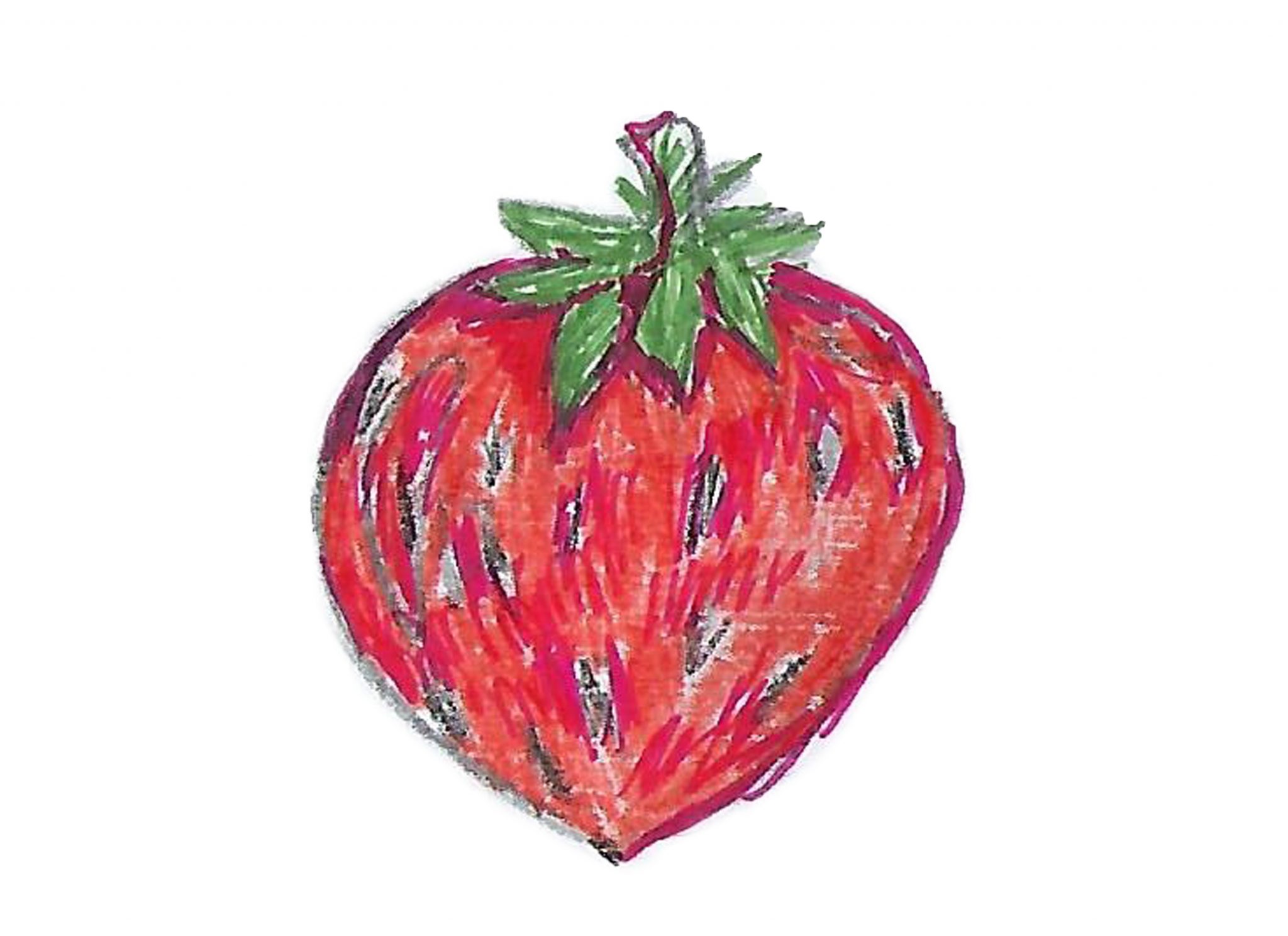
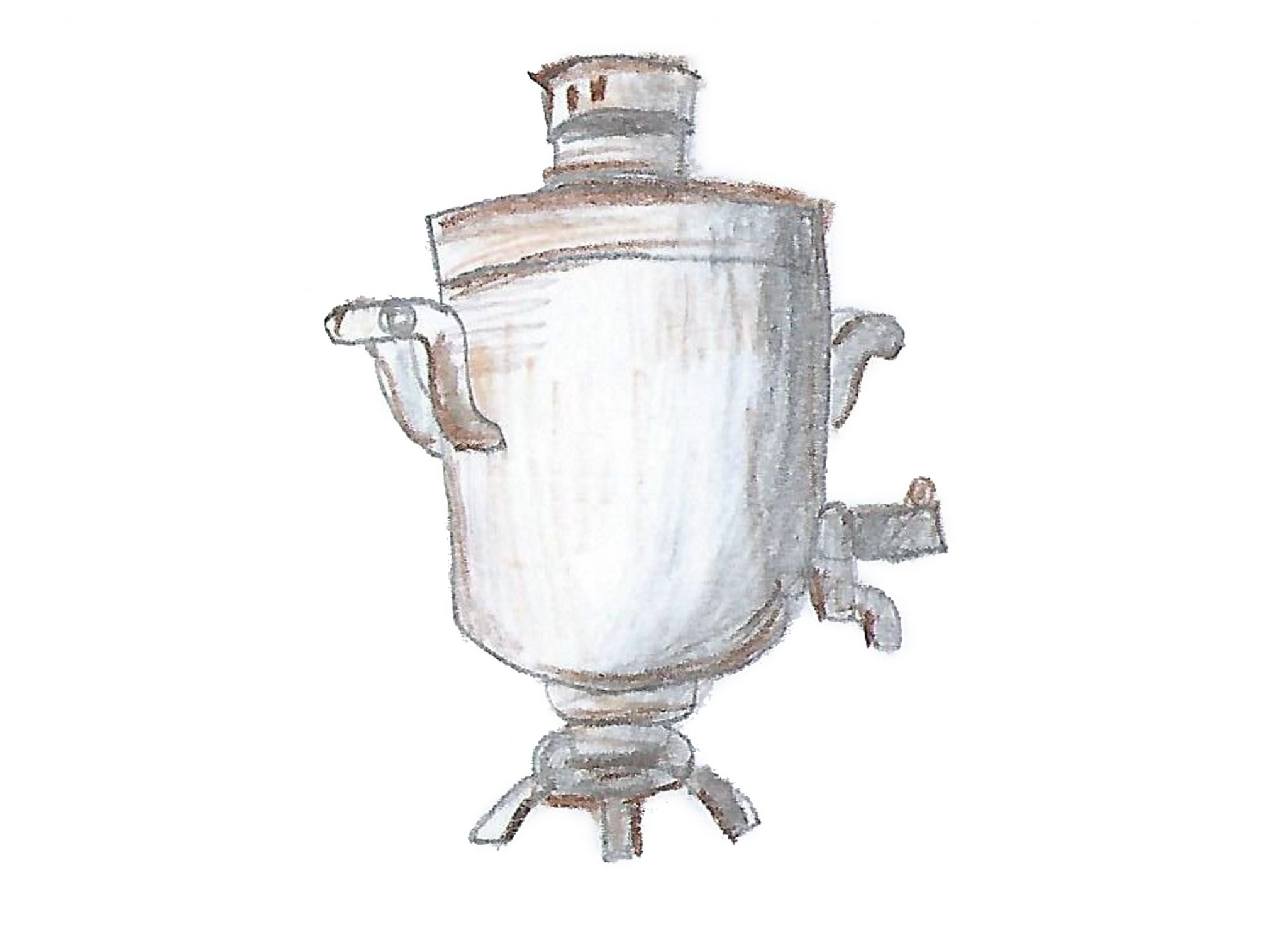
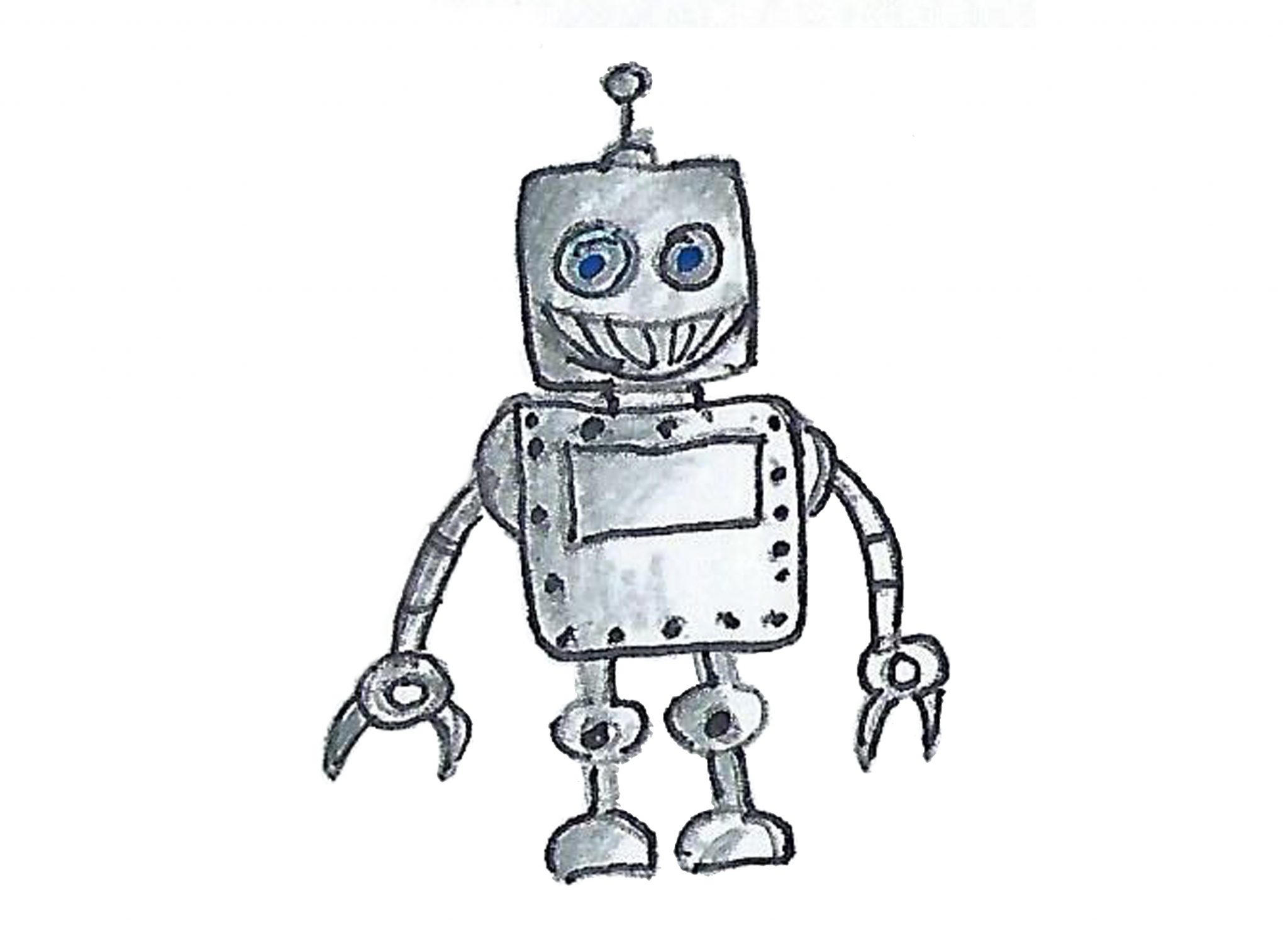
Previous
Next
Moscow Russian Folk Music
We Will Survive This Trouble
This is an example of folk music from the Russia. It is easy on the ears. Babies sleep to this music.
be part of Movement. Support today.
Keep In Touch
Instagram
Facebook-f
Twitter
Youtube
Linkedin-in
Pages
Support
-
Kickstarter
- Gofund Me
Contact
- +1 (801) 989-6611
- bear@linguabear.org
